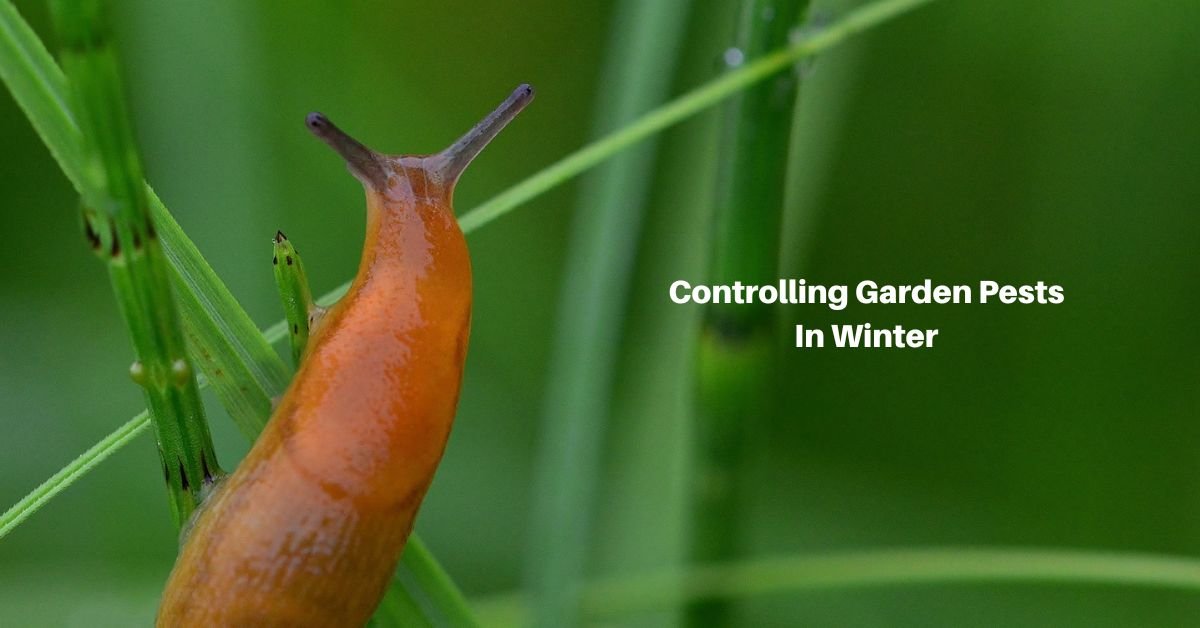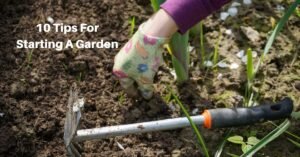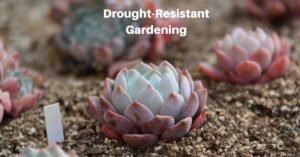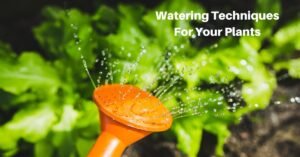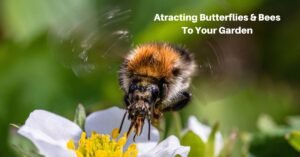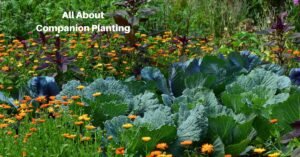It’s easy to assume that pest problems disappear over winter and only return in spring. However, this is far from the truth. Many garden pests remain active and potentially harmful during the colder months.
To help combat this plague, let’s explore the types of pests that persist in winter gardens and offer practical strategies for their control, ensuring your garden’s health and vitality through the winter and preparing it for a flourishing spring.
Understanding Winter Pests
Contrary to popular belief, several garden pests thrive in winter conditions. These include small insects like aphids and slugs, as well as larger nuisances such as rodents. Each pest has unique adaptations that allow it to survive and remain active in colder temperatures. Rodents, for instance, may seek shelter in compost heaps or under thick layers of mulch. At the same time, aphids can persist on the underside of leaves or within protected plant stems.
Understanding the behavior of these pests is crucial for effective control. Aphids can reproduce rapidly even in cooler temperatures, and their presence can weaken plants, making them more susceptible to other issues. Slugs, on the other hand, enjoy the moist conditions that winter often brings, especially under layers of mulch or fallen leaves. Unlike snails, slugs can do rather well even when the temperature drops.
Pre-Winter Garden Inspection
A thorough garden inspection during late autumn is a critical first step to prevent significant pest problems during the winter. Look for tell-tale signs of pest activity, such as burrowing near the bases of plants, which could indicate rodent activity, or the presence of insect eggs, larvae, or adult pests on the underside of leaves, particularly in sheltered areas of your garden. Early detection of these signs is critical to effective control.
Also, consider implementing trapping methods to gauge the level of rodent activity. Simple traps can provide insight into the presence and extent of a rodent problem, allowing for more targeted and effective control measures.
Cultural Practices for Pest Control
Sound cultural practices are one of the most effective ways to deter garden pests in winter. Keeping your garden clean and free of debris is crucial. Remove fallen leaves, dead plants, and other organic matter that can provide shelter and breeding grounds for pests. Proper waste management, including composting, can reduce your garden’s attractiveness to pests.
Crop rotation is another critical practice. Rotating crops can disrupt the life cycles of pests, making it more difficult for them to establish themselves in your garden. Plant diversity is also beneficial, as a variety of plants can attract beneficial insects that prey on pests.
The use of mulch in winter requires careful consideration. While mulch can benefit soil health and plant protection, excessive mulching can create ideal conditions for pests like slugs and mice. It’s essential to balance the benefits of mulching with the potential for creating pest-friendly habitats.
Physical Pest Control Methods
Physical pest control methods can also be highly effective in the winter garden. For example, copper barriers around planters can deter slugs and snails, while traps can help manage rodent populations.
Another key strategy is winter pruning. Removing diseased or pest-infested branches reduces the areas where pests can harbor. Keeping the garden well-pruned and free of excessive plant debris is also important, which can significantly reduce potential pest habitats.
Floating row covers can also protect plants from pests while allowing light and moisture to reach the plants. These covers can prevent pests from accessing plants, reducing the likelihood of infestation.
Biological Control Strategies
In addition to physical and cultural methods, biological control is pivotal in managing garden pests during winter. This involves introducing or encouraging beneficial insects and organisms that naturally prey on harmful pests. For instance, ladybugs and lacewings are effective against aphids, while certain nematodes can control soil-dwelling pests like grubs.
It is crucial to maintain a garden ecosystem that supports these beneficial creatures. Planting a variety of flora that provides shelter and food for them during the winter months can help sustain their populations.
Chemical Control Measures
While cultural, physical, and biological methods are often preferred, chemical controls are sometimes necessary. The key is to use these products judiciously, focusing on targeted applications against specific pests.
Choose pesticides that are effective against the pests you’re dealing with and safe for your garden’s ecosystem. Organic options, such as neem oil and insecticidal soaps, can control certain pests while being less harmful to beneficial insects. Always follow the product’s instructions to minimize any adverse effects.
Protecting Beneficial Wildlife During Winter
Encouraging the presence of natural predators is a sustainable way to control garden pests. Birds, hedgehogs, and beneficial insects can significantly reduce pest populations. Providing shelters for these beneficial creatures, like birdhouses or insect hotels, can help maintain the ecological balance in your garden.
Planting native species that attract these natural predators can further enhance this biological control method. Remember, a healthy garden ecosystem thrives on diversity and balance, making it less inviting for harmful pests.
Regular Monitoring and Maintenance
Consistent monitoring throughout the winter is vital to successful pest control. Regular checks will help you spot any new signs of infestation early. Keeping a record of pest activity and the effectiveness of different control methods can guide future pest management strategies. This proactive approach will help you avoid potential pest problems and ensure your garden remains healthy and vibrant.
Preparing for Spring
As winter draws to a close, it’s time to assess the effectiveness of your pest control measures. Examine your garden for any new signs of pest activity and take immediate steps to address them. The information gathered during the winter can inform your spring pest management plan, allowing you to target specific problem areas and adjust your strategies accordingly. This may include changing the types of plants you grow, altering your garden layout, or introducing new biological control agents.
Preparing your garden for the upcoming growing season also involves:
- Repairing any physical barriers or traps.
- Replenishing mulch appropriately.
- Ensuring beneficial habitats are in place and ready to support wildlife as temperatures rise.
Effective winter pest control in the garden is a multi-faceted approach that combines understanding, prevention, intervention, and nurturing a healthy ecosystem. By employing cultural, physical, chemical, and biological methods and fostering an environment that supports natural predators, gardeners can protect their gardens from pests throughout the winter. This proactive approach preserves the garden’s health and sets the stage for a vibrant and productive spring. Remember, the effort you invest in protecting and maintaining your garden during the colder months will be reflected in the longevity and beauty of your garden throughout the year.
Additional Resources
For more detailed information on winter garden pest control and environmentally friendly gardening practices, explore the following resources:
Royal Horticultural Society (RHS) – Pests & Diseases
University of California Integrated Pest Management Program
National Wildlife Federation – Attracting Beneficial Bugs
These resources offer comprehensive insights into various pest control techniques, the support of beneficial wildlife, and sustainable gardening practices.

